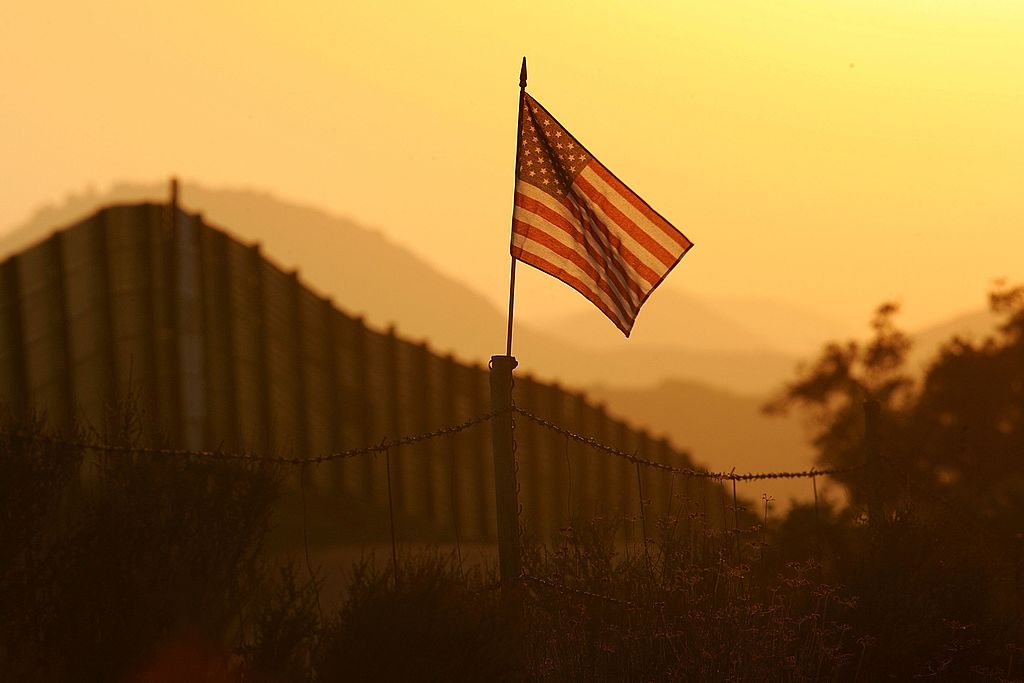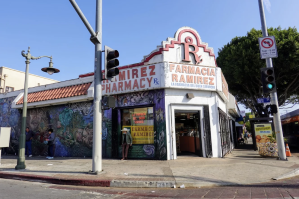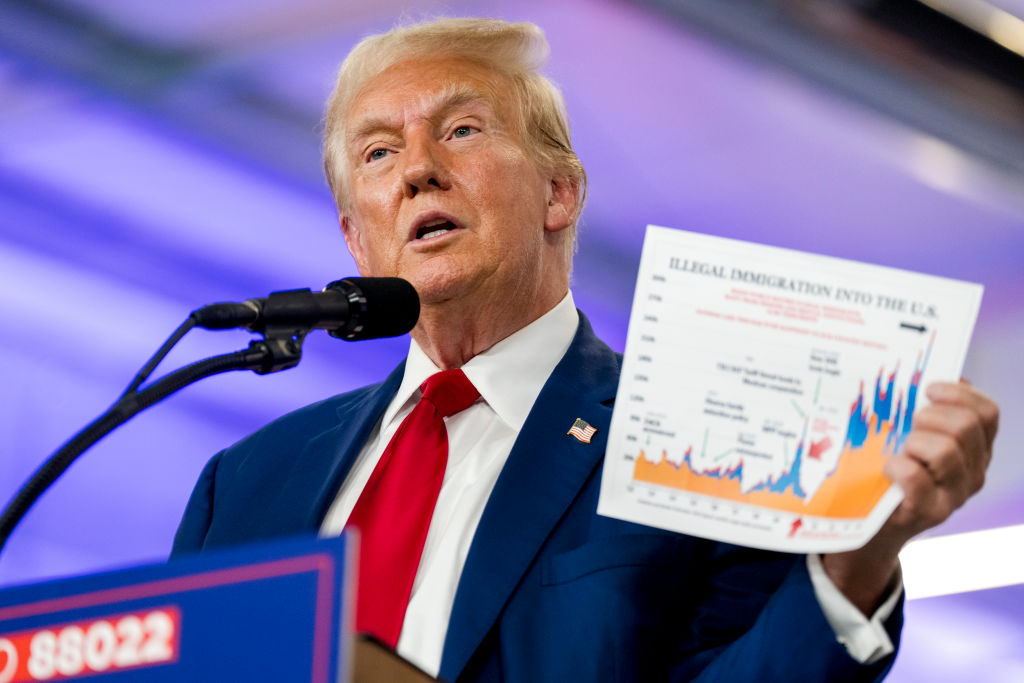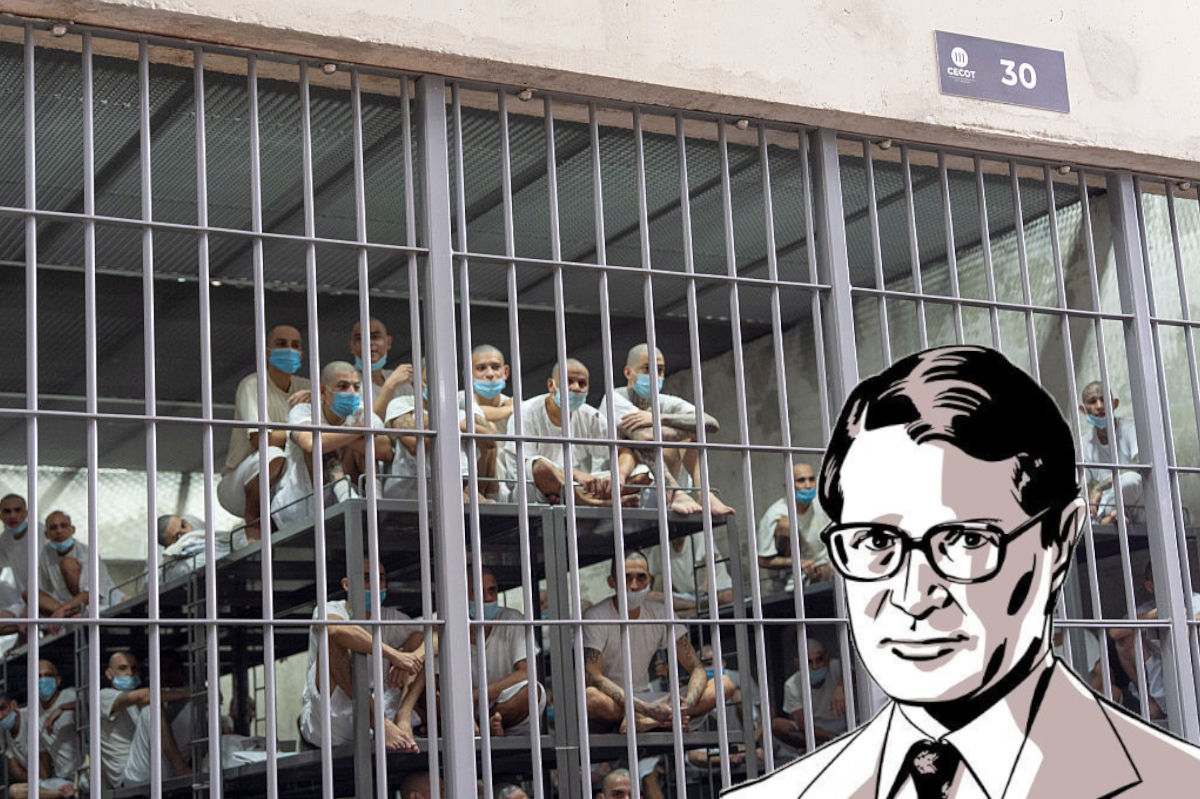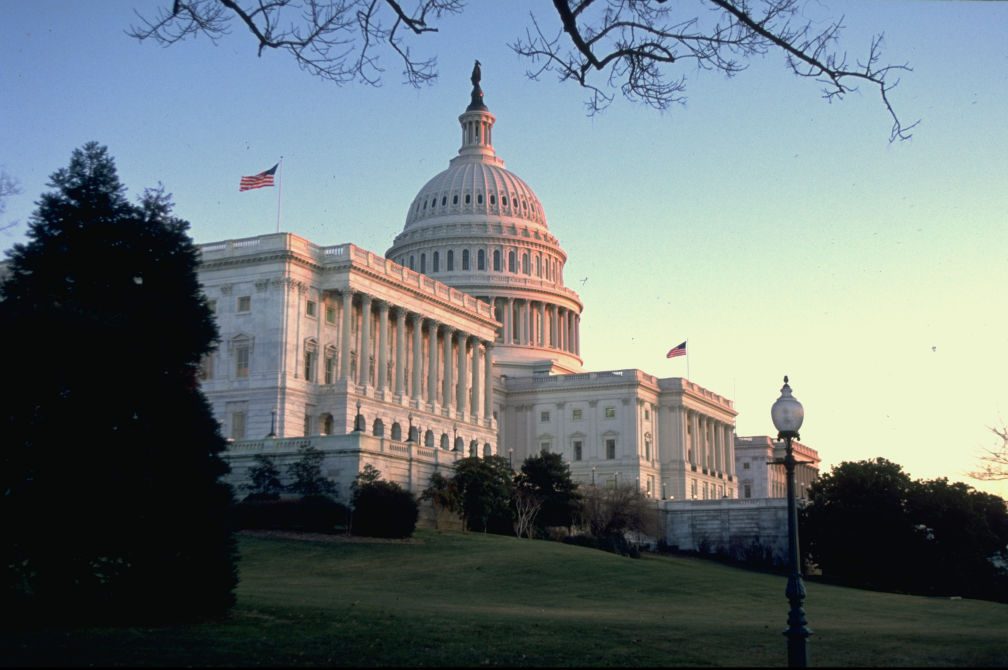“The liberal conception of society,” the political philosopher Kenneth L. Minogue wrote in The Liberal Mind, “is… determined by the moral and political policies of modern liberalism. It has only a tenuous connection with sociological description.”
As well as, we must add, the political realities of the nation state in the twenty-first century. (Minogue’s book was first published in 1963.) Today, liberal policies are the emotional expression, translated into political terms, of liberals’ utopian aspirations toward the complete “inclusion” of every one of society’s “communities” on precisely equal terms.
Liberals will not recognize that this goal can never be achieved, and that a multicultural nation is a plain contradiction in terms. A healthy, coherent and efficient one — in contrast to a nation that is in the process of decay and decline as it succumbs further to centrifugal diffusion and flies outward into an infinitely expanding universe — is the political expression of a single, or at least a majoritarian, culture, and not a confusion of many diverse and antagonistic ones.
Conservatives in the Anglo-Saxon nations, where the multicultural ideology originated and remains strongest, have argued for decades that the historical American culture is being diluted, weakened and transformed by multiculturalism, which is itself the direct and inevitable result of polycultural immigration from non-Western countries.
The left responds by asserting the benefits of what it calls cultural enrichment and accusing critics of “diversity” with Know-Nothingism, xenophobia, bigotry and racism. Hardly anyone thinks to consider what implications a multicultural society has for continued republican government in the Western nations — indeed, for any government at all.
This neglect is especially remarkable on the left, which is ideologically committed to the ideal of a powerful centralized government of the Marxist type, mobilized for the task of achieving maximum political and motivational unity and control directed toward a set of calculated and unanimous ends. This monolithic political project blatantly contradicts the left’s multicultural social one: one of the principal ways in which cultures vary is in their concepts of political activity, its means and ends, and the kind of government the practice of politics ought to create and manage.
Conservatives have always understood politics as an integral aspect or component of culture, one that cannot be considered as being separate and distinct from all the others but instead is fused and blended with them, part of the organic whole and inextricable from it. For conservatives, it is only common sense to suppose that immigrants from foreign cultures carry their native political preferences along with them as well as their cultural, alimentary and religious ones. (The latter, of course, always have a significant political dimension of their own).
Edward Abbey, the essayist, novelist, environmentalist, Jeffersonian Republican and outspoken opponent of mass immigration, asserted that:
… these uninvited millions bring with them an alien mode of life which — let us be honest about this — is not appealing to the majority of Americans. Why not? Because we prefer democratic government, for one thing; because we still hope for an open, spacious, uncrowded, and beautiful — yes, beautiful! — society, for another. The alternative, the squalor, cruelty, and corruption of Latin America, is plain for all to see.
The essay — eventually published in 1988 as “Immigration and Liberal Taboos” — from which those sentences are taken was commissioned by the editors of the New York Times’s op-ed page, who requested it “as soon as possible.” The author complied and waited for two months before another editor at the Times informed him that his colleagues liked the essay, but that for reasons of space it would need to be cut by half. Abbey complied once again and mailed the mutilated version of his essay back to New York. Another month passed before a still different editor wrote to explain that the piece could not be printed at all, editorial space at the paper having apparently shrunk even further.
Liberals counter Abbey by arguing that most immigrants arriving in the United States from non-Western societies come here to enjoy the benefits of Western liberal-democratic capitalism, including its political system and traditions which they are therefore unlikely to challenge. It is reasonable nonetheless to suppose that the motives of the more than two million immigrants (so far) who have forced their way illegally across the Rio Grande and into the United States in the past eighteen months are inspired more by the efficiency of its economy — its welfare arrangements, especially — than they are by the handiwork of the Constitutional Convention in more than two centuries ago.
It seems at least possible, indeed, that, as the demographic balance continues to shift away from the historic European-American population, some minority culture in the United States, or several of them, will begin demanding “democracy with Chinese characteristics” — or South Korean ones, or Filipino, or Ghanaian, or Afghan, or Indian, or Ukrainian, or even Mexican ones. We have already made a strong start on democracy, Somali style, and also on progressive democracy with preschool characteristics, among them infantilism and temper tantrums.
The number of minority cultures and subcultures that can be expected to agitate in the future for protection, preferment and advancement under the rigorously structured multicultural regime appears to be endless. But where is the political scientist of genius capable of recreating democracy with a few remaining American characteristics that would be needed to reconcile the rest of them?
This article was originally published in The Spectator’s July 2022 World edition.



